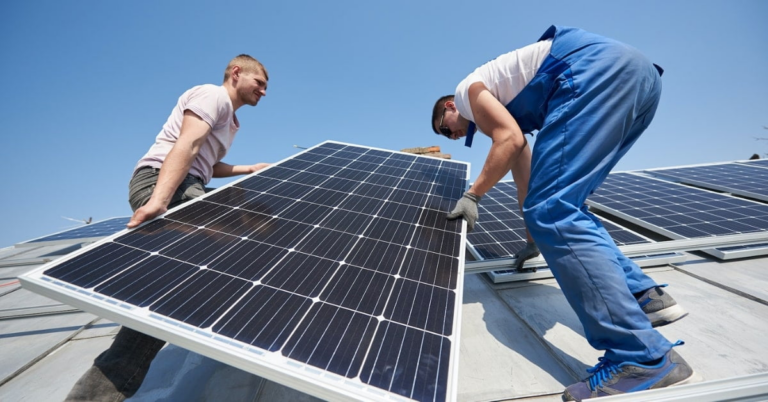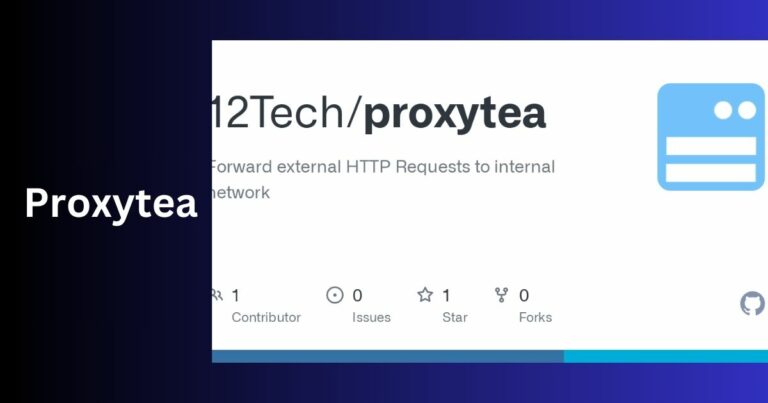11 Preventive Strategies for Commercial Building HVAC Systems
Maintaining the HVAC system in a commercial building is vital. A well-maintained HVAC system ensures that the building stays comfortable and energy-efficient.
Here are preventive strategies that can help you keep your commercial building HVAC systems running smoothly.
1. Regular Filter Changes
Changing the filters in your HVAC system is one of the simplest and most effective ways to keep it in good shape. Dirty filters can restrict airflow, making the system work harder than it needs to. This can lead to higher energy bills and more wear and tear on the system.
Filters trap dust, dirt, and other particles. When they get clogged, the HVAC system has to work harder, which can shorten its lifespan. Regularly changing the filters can improve air quality and make the system run more efficiently.
For most commercial buildings, it’s a good idea to check and change the filters every 1 to 3 months. If your building is in a dusty area or if the HVAC system is used heavily, you might need to change the filters more often.
2. Clear and Clean Air Vents
Air vents are where the air comes out of the HVAC system and goes into the rooms. If these vents are blocked or dirty, the air can’t flow properly. This makes the system less effective and can cause rooms to be too hot or too cold.
Make sure that furniture, curtains, and other objects aren’t blocking the vents. Regularly cleaning the vents helps to remove dust and debris that can build up over time.
3. Check Thermostat Settings
The thermostat controls the HVAC system. If it’s not set properly, the system can run too much or too little. This can lead to higher energy bills and an uncomfortable environment in the building.
A programmable thermostat can help you save energy. You can set it to turn the HVAC system down when the building is empty and bring it back up before people arrive. This way, you’re not wasting energy when no one is around.
4. Inspect and Clean Coils
The coils in an HVAC system are important for cooling and heating. If they get dirty, the system has to work harder. This can lead to higher energy use and potential damage to the system.
Cleaning the coils at least once a year can help the system run more efficiently. You can use a soft brush or vacuum to remove the dirt and dust.
5. Check Refrigerant Levels
The refrigerant cools the air in the HVAC system. If the levels are too low, the system won’t be able to cool the air properly. This can make the building uncomfortable and cause the system to use more energy.
Low refrigerant can cause the system to overheat and fail. It’s important to check the levels regularly and have a professional add more refrigerant if needed.
6. Inspect Ductwork
The ductwork is the network of tubes that carries air from the HVAC system to the rooms. If there are leaks or blockages in the ductwork, the system can’t work efficiently.
Inspect the ductwork for any leaks or holes. Seal them with duct tape or a sealant to prevent air from escaping. This can help the system run more efficiently and save on energy costs.
Additionally, check for any blockages caused by debris or dirt buildup. Clean out the ductwork if necessary to ensure proper airflow.
7. Lubricate Moving Parts
The moving parts in an HVAC system need to be well-lubricated to work properly. If they aren’t, they can create friction and wear out faster.
Focus on parts like the motor, fans, and bearings. Use a suitable lubricant and apply it regularly to keep these parts in good condition. This simple maintenance task can prolong the life of your system and prevent costly repairs.
8. Schedule Regular Professional Inspections
Having regular HVAC maintenance can help catch potential problems before they become serious. A professional can check things like the thermostat, electrical connections, and overall system performance.
It’s a good idea to have a professional look at your system at least twice a year. An inspection in the spring can prepare the system for the hot summer months, and an inspection in the fall can get it ready for the cold winter.
9. Monitor Energy Usage
Keeping an eye on your energy usage can help you spot potential problems with the HVAC system. If you notice a sudden increase in energy use, it could be a sign that something is wrong with the system.
There are devices that can help you monitor your energy usage. Installing one of these can give you a better idea of how much energy your HVAC system is using and alert you to any changes.
10. Keep the Area Around Units Clear
Both indoor and outdoor HVAC units need to have plenty of space around them to work properly. If the area around these units is cluttered, the system can overheat and become less efficient.
Make sure there are no plants, leaves, or other debris around the outdoor unit. Keep a clear space of at least 2 feet around the unit to ensure proper airflow.
Ensure that nothing is blocking the airflow around the indoor unit. Keep the area clean and free of dust and debris.
11. Educate Building Occupants
The people who use the building can have a big impact on the HVAC system. Educating them on how to use the system properly can help keep it running smoothly.
Explain the importance of not blocking air vents and keeping windows and doors closed when the HVAC system is running. Encourage them to report any unusual noises or issues with the system right away.
Enhancing Efficiency With Commercial Building HVAC Systems Maintenance
Preventive HVAC care and maintenance is key to keeping commercial building HVAC systems running smoothly. By following these strategies, you can improve the efficiency of your system, extend its lifespan, and ensure a comfortable environment for everyone in the building.
Regular maintenance not only saves energy but also reduces the risk of unexpected breakdowns and costly repairs. Implement these preventive strategies today to keep your commercial HVAC system in top condition.
For more on this content, visit the rest of our blog!





